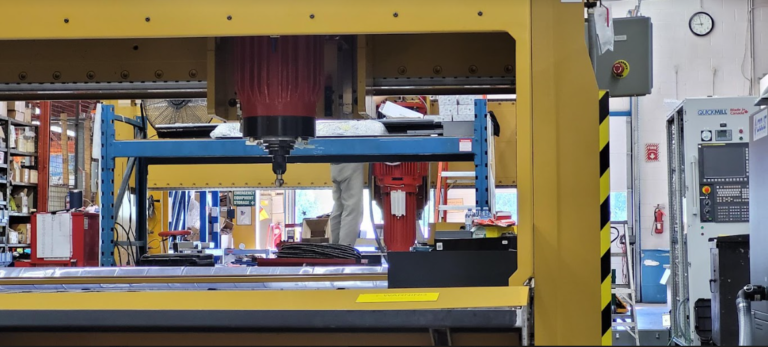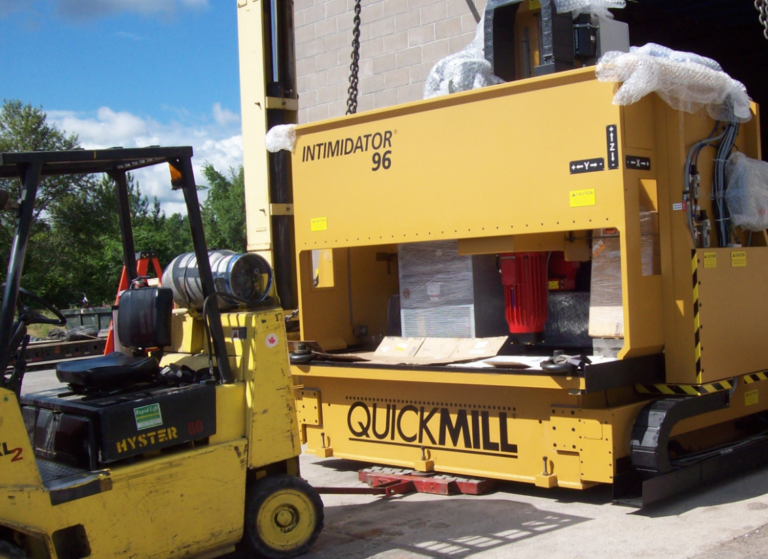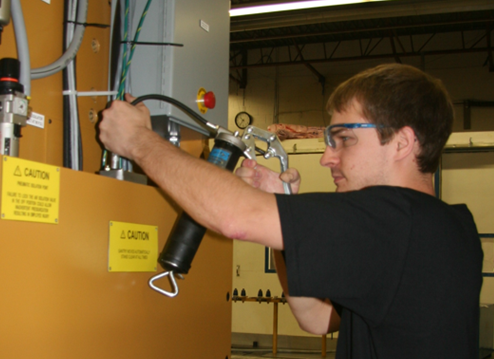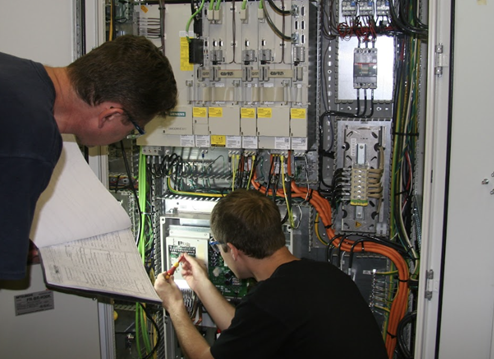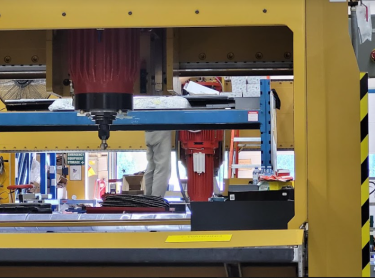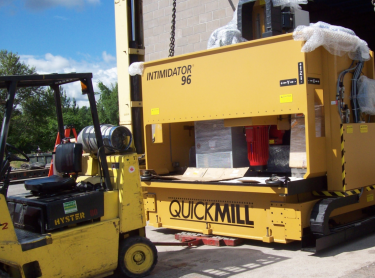From Manual Machinist to CNC Machinist
Upgrading an existing production setup and installing modern equipment, such as CNC machines, to achieve business goals is not an easy process. When a company or manufacturer decides to make an investment to increase its productivity and operational efficiency, a proactive and strategic approach is necessary to ensure success. And this involves hiring the best CNC machinists.
If you are considering a career as a CNC (computer numerical control) machinist, you will be impressed by the increasing market demand for these professionals. Being a CNC machinist is a satisfying and hands-on career using the latest manufacturing technology that produces parts and components for various industries, such as the auto industry.
You should know that CNC machining was invented many decades ago. CNC technology can manufacture and replicate top-notch precision parts. As companies are quickly shifting from manual to advanced and automatic machines to meet market demand, there is also a growing demand for precision and quality. This means that a career as a CNC machinist has great potential.
CNC Machining
CNC machining is a reliable and efficient manufacturing process where pre-programmed computer software directs and dictates the movement of factory machinery and tools.
Using CNC machines can result in increased production speeds, improved accuracy, enhanced safety, and increased efficiency. It also generates cost savings.
If you would like to be a CNC machinist, you can pursue CNC machining programs that train students in CNC operations for milling machines, lathes, grinders, and lasers, to name a few.
From Conventional Machining to Efficient CNC Machining
One of the main benefits of shifting machine operations from manual to automatic is minimizing human intervention. However, this requires well-trained, proficient, and experienced machinists and programmers to operate modern tools and equipment.
So, regardless of the hurdles a business or company has to face to enhance its operational capabilities, a considerable increase in productivity, operational efficiency, and safety will justify and recoup the investment. This is one of the main reasons CNC machinists are in great demand.
How to Become a Professional CNC Machinist
You may know that CNC machining is a very technical and specialized career. In addition to a high school diploma or GED, you also need specific training, whether you learn it on the job or through a professional apprenticeship training program.
Some of the main courses taught in these programs include the following:
- Basic Machine Shop Skills
- Interpreting Job Layout and Blueprints
- Mathematics, Materials, and Maintenance
- Manual Machining on the Mill and Lathe
- CAM and CAD
Conventional Machining vs. CNC Machining in Today’s Competitive Environment
What type of machining technology is better, CNC or conventional? While the answer depends on the nature of the job, CNC machining has an edge and some unique advantages.
Large orders can be accurately and rapidly completed by CNC machining, while conventional machining is best for jobs where CNC is inefficient or too costly. When it comes to producing machined parts, both techniques have advantages.
CNC machining could be the ideal career for you if:
- You’ve the ability to think and visualize in 3D
- You like to work with your hands
- You are looking to earn a handsome salary to support your family
- You like solving problems and enjoy creating things
Applications and Scope of CNC Machining
Not only is CNC very versatile, but it is also widely available. CNC machines are used in many industries, such as the auto industry, and their use is increasing. The international CNC machine market is expected to grow from $83.99 billion in 2021 to more than $128 billion in 2028.
One operator is needed for each machine in conventional machining. In contrast, since one experienced operator can operate multiple machines simultaneously, CNC machining requires fewer machine operators. Also, keep in mind that as CNC is so precise, it decreases errors in the production process and gets rid of extra waste.
In consumer electronics, manufacturers usually take full advantage of CNC machining to produce housings, PCBs, fixtures, and jigs. On the other hand, the automotive industry uses the latest CNC machines for one-off customized parts and prototyping.


